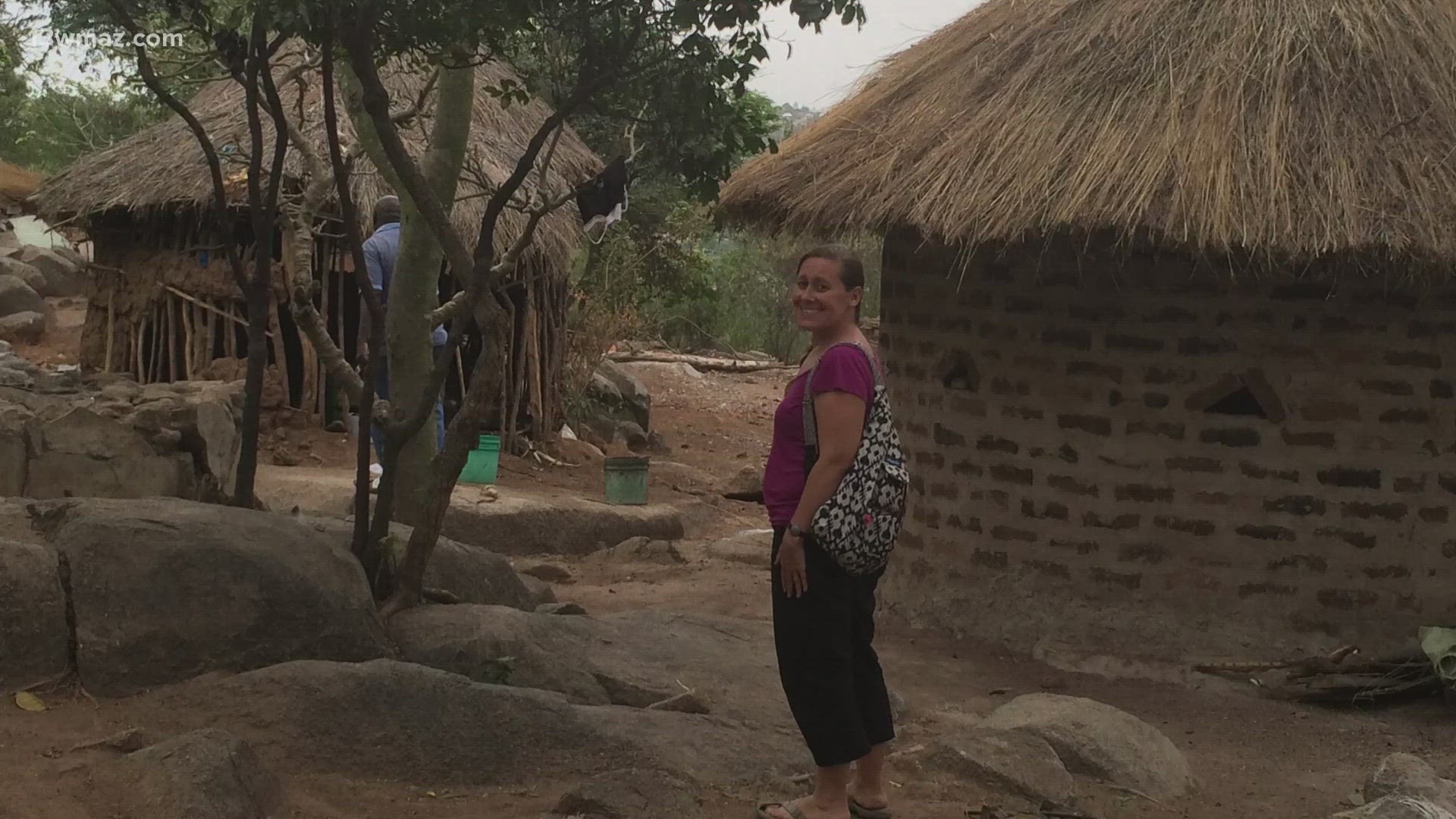Amy Nichols-Belo is an associate professor of anthropology and global health studies at Mercer University. She has been granted a Fulbright U.S. Scholar Program Award to teach at The University of Nairobi in Kenya.
"I'm going to be splitting my time between teaching at the university and carrying out a new research project on the lived experiences of the COVID-19 pandemic in Kenya," Nichols-Belo said.
Nichols-Belo has traveled to Tanzania with students since 2001 to do research on illness and traditional healing.
Now, she will soon pack her bags and head to teach in Kenya. She's looking forward to teaching the next generation of scholars.
"I'm going to be in Kenya from January to July," Nichols-Belo said. "What I hope to do for this phase is to interview people about their experiences living under those COVID restrictions, with a focus not just on whether or not they got COVID, not an epidemiological study but more of a cultural study. What were their experiences living under those conditions? What economic or mental health effects did they face?"
Mercer University's director of honors, David Davis, says the Fullbright program typically sends 400 scholars and up to a thousand recent graduates to embed themselves in different countries to either teach or do research.
Davis also sees this as a win for both Nichols-Belo and for Mercer as a university.
"We're really excited about this opportunity," Davis said. "One for her to have the experience teaching and learning in East Africa, and we hope to use this as a foundation for future academic exchange opportunities between Mercer University and institutions in Kenya."
Nichols-Belo looks forward to integrating herself within the community and learning about how the COVID-19 pandemic affected Kenya.
"I'm so excited and as a medical anthropologist, I'm interested in kind of helping those sort of stories of experience to kind of become more visible," Nichols-Belo said. "I think it's a great opportunity to collaborate with a different community and to really gain insights from their local perspectives."

